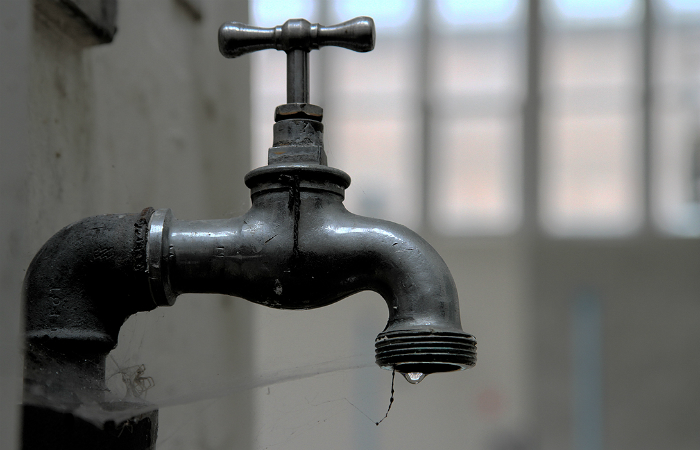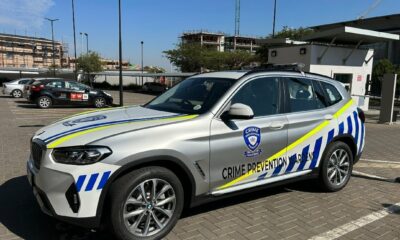News
‘We Just Want Water,’ Ivory Park and Joburg Communities Protest Ongoing Water Crisis

The sound of burning tyres and chanting voices echoed through Ivory Park on Thursday morning as residents turned desperation into defiance. Roads were barricaded with debris and dustbins, traffic came to a standstill, and workers and schoolchildren were forced to turn back. The message was blunt: without water, life in this part of Johannesburg has become unbearable.
Streets on edge
Shops in Ebony Park, including the local Spar and the ever-busy Busy Corner, closed their doors out of fear of looting. Parents kept children at home as schools struggled to cope without flushing toilets. For many in Ivory Park, the strike was not a political move but a survival cry. One resident put it plainly: “We don’t want to talk to the councillor. We have done that before, and it did not yield any results; we just want water.”
Political responses and community demands
Ward 111 councillor Priscilla Supe, who oversees Ebony Park, Kaalfontein, and Umqhele, said she had contacted both Johannesburg Water and Jack Sekwaila, the Member of the Mayoral Committee for Infrastructure. Yet residents insist only Gauteng Premier Panyaza Lesufi can address their grievances directly. Their demand highlights a growing frustration with layers of local government that feel too slow and too distant to provide real relief.
Protests spreading across the city
The unrest is not confined to Ivory Park. In Westbury and Coronationville, residents staged a second day of protest, blocking roads with burning tyres and rocks. Demonstrators raised their hands in the air as a sign of peace, pleading with police not to fire on them. Still, chaos was never far behind. Videos shared on social media showed teenagers running with allegedly stolen items, underscoring how quickly frustration can turn into disorder.
The official line
Government spokesperson William Baloyi acknowledged the seriousness of the crisis and urged residents to remain peaceful. “Government respects the right of communities to protest,” he said, “but destruction of infrastructure and acts of violence only delay the very solutions communities are demanding.”
Johannesburg Water has promised a mix of short- and long-term fixes. The Brixton reservoir and tower are expected to be completed by the end of October 2025, which should help stabilise supply in parts of the city. In the meantime, interim measures are being rolled out to balance demand and improve reservoir levels.
A deeper crisis
South Africa’s water woes go far beyond broken pumps or low reservoirs. Experts like Dr Ferrial Adam of Watercan have long warned that the country is not protecting its water resources. What is happening in Ivory Park, Westbury, and Coronationville is a symptom of a bigger national problem: an essential resource under severe strain, made worse by poor maintenance, demand pressures, and climate impacts.
Why it matters
For Johannesburg’s working-class neighbourhoods, the water crisis is not a technical problem to be solved in boardrooms. It is about the dignity of flushing a toilet, the safety of sending children to school, and the basic right to turn on a tap. As protests flare, they are a stark reminder that for many Joburg residents, the battle for water is no longer a distant policy debate. It is a daily fight for survival.
Also read: Draft Tax Laws Could Hit Ordinary South Africans with ‘Stealth’ Savings Blow
Follow Joburg ETC on Facebook, Twitter, TikT
For more News in Johannesburg, visit joburgetc.com
Source: IOL
Featured Image: Faculty of Engineering & the Built Environment – University of Cape Town

















